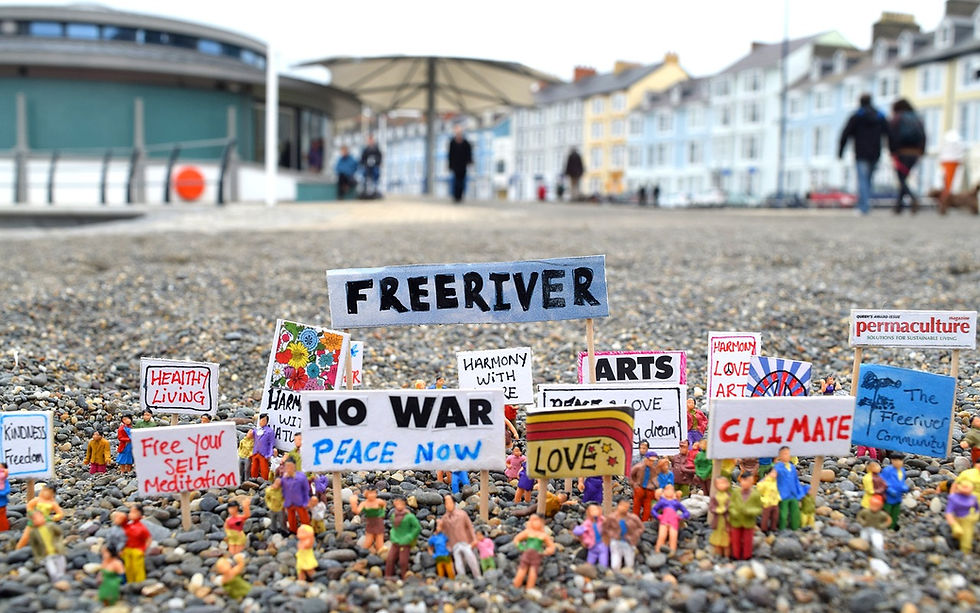Man-Made Disaster: Plastic Counterattack
- Cherry Sung
- Oct 21, 2019
- 2 min read

Countries Stepping In Taking Action
The European Plastics Manufacturers Association reported that the consumption of plastics per capita in Korea by 2015 is 132.7 kg, making it the world's biggest. The list goes down along with the US (93.8kg), Japan (65.8kg), France (65.9kg) and China (57.9kg).
Do you see these scenes and understand the reality of the circumstance? Nations around the globe are lingering behind in the utilization of plastics. The European Union has chosen to boycott expendable plastic items by 2021, and Britain has chosen not to utilize plastic straws and cotton swabs as ahead of schedule as one year from now. France additionally chose to prohibit plastic mugs and plates from 2020. In Belgium, dispensable razors, Germany forced ecological weight on plastic sacks. Seattle is the most dynamic in the United States. Since July this year, the prohibition on the utilization of plastic straws and silverware in customary eateries. Africa Kenya is the world's most amazing controller of plastic sacks. In August a year ago, the boycott was totally disallowed and up to the greatest fine of 42 million won in infringement.
The United States banned production of cosmetics and personal care products that contain microbeads as of last July. The same law bans sales of cosmetics containing microbeads as of July, 2018, and over-the-counter drugs containing plastic particles as of July 2019.
Canada banned the use of microbeads last June. The United Kingdom is preparing to ban microbeads next year. In Europe, Cosmetics Europe, a trade organization representing cosmetics companies, recommended that microbeads be discontinued.
Pressure for action is growing. Earlier this year the European parliament voted for an EU-wide ban on microplastics in cosmetics. The European commission has also proposed a ban on single-use plastic products such as cotton buds and plastic straws and urged member countries to put the onus of cleaning up waste on producers in an effort to clean up oceans. By 2025, European nations are supposed to collect 90% of single-use plastic drink bottles.
Several nations have banned plastic bags completely, and a growing number of cities, including many in the US, are discussing moves to ban straws and other single-use items.
Following this lead, the British government on Monday announced a consultation on proposals to ban plastic straws, drink stirrers and cotton buds, which can turn into microplastics as they break down. The ban is expected to come into force by October 2020.
Critics, however, say such measures are late and inadequate to deal with a problem that has reached epic proportions.
It Is An Inevitability
Plastics that are being and will be manufactured in huge quantities will exist someplace on the planet for no less than five hundred years for sure. It is not a problem that will vanish from our eyes immediately.
Inevitably, the emotional cries of the Filipinos, "Take it back to Korea" (read more about it in my first article, "Expedite The Return To Korea!") and the perilous term, "microbeads," (read more about it in "We Have Invited Microplastics To Our Bodies A Century Ago") will return to us in some form.
The 'plastic counterattack' have already imposed on mankind.



